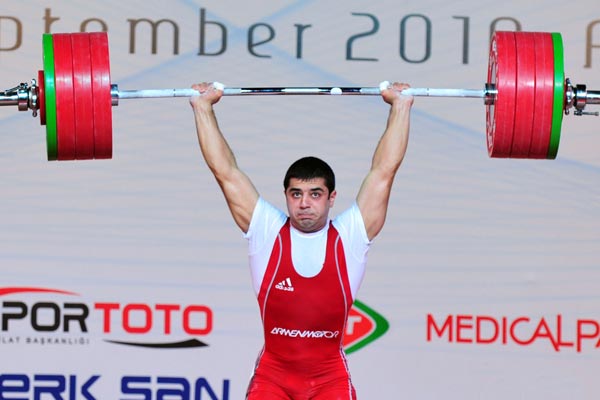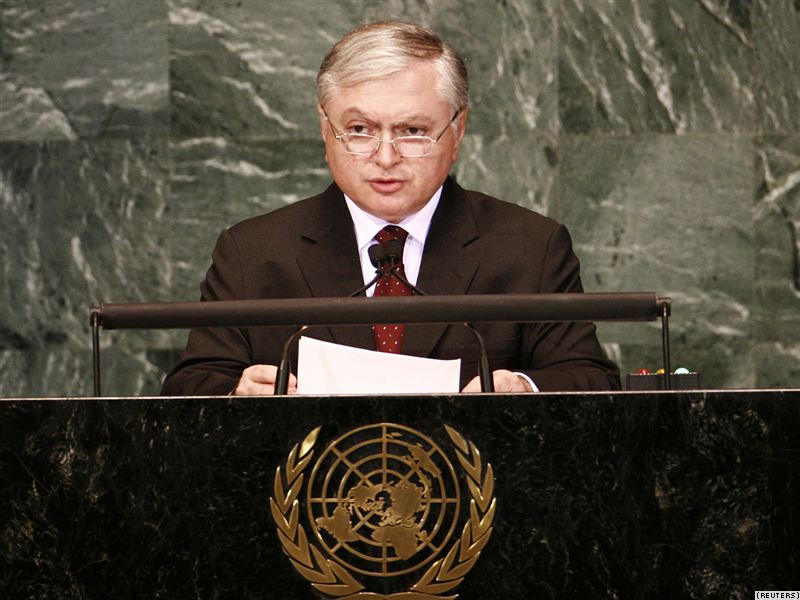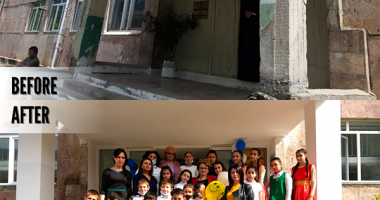YEREVAN — The American University of Armenia (AUA) and the Armenian General Benevolent Union (AGBU) Armenia will co-host a lecture series by renowned historian Dr. Richard Hovannisian dedicated to the 100th anniversary of the First Armenian Republic. The lectures will be delivered in AUA’s Manoogian Hall on April 16, 18, and 20, 2018.
Dr. Hovannisian is an Armenian-American historian and professor emeritus at the University of California, Los Angeles. His works include an inimitable four-volume history of the First Republic of Armenia, a series of books on the regions of Western Armenia, and an oral history project to record the eyewitness accounts of Armenian Genocide survivors.
The first lecture, taking place on April 16 and titled “May 28: The Uncharted Course Toward Independence,” will focus on the conditions during World War I which made the road to independence extremely treacherous and the challenges facing the desperate Armenian leadership seemingly insurmountable. But somehow the Republic managed to survive until the end of the war when strong rays of hope spread over the slopes of Mount Ararat. Since then, May 28 has become the symbol of resurrected Armenian statehood after centuries of foreign dominion.
On April 18, Dr. Hovannisian will talk on “Creating the Republic’s Infrastructure.” In the spotlight will be the measures taken to lay the foundations of a republican form of government, while also dealing with internal tensions, not only among the several Armenian political parties, but also within the dominant party Dashnaktsutiun. The role of the Diaspora also came into play, as Armenian partisanship, regionalism, and dualism threatened the future of the Republic and of the Armenian people itself. But by 1920, significant progress had been made and there were signs of hope, both domestically and internationally.
The lecture series will conclude on April 20 with the topic “Armenia in the International Arena and an Assessment.” As the small Armenian state expanded to the prewar borders of so-called “Russian Armenia” and planned for the realization of the exalted slogan of “Free, Independent, United Armenia,” Armenian diplomats and Armenophile groups were striving on five continents to gain support for the Republic. The response of the Great Powers was critical in that endeavor, and it was a question of whether they would commit the resources necessary to honor their wartime pledges regarding the future of the Armenian people. The collapse of the First Armenian Republic in December 1920 gave the answer to that question. As the Republic passed into history, strongly divergent views became manifest regarding its actual significance. Dr. Hovannisian will seek answers to the question “In this centennial year, what might be a realistic appraisal?”
The lectures and the following-up discussions will be in English with simultaneous translation into Armenian.










